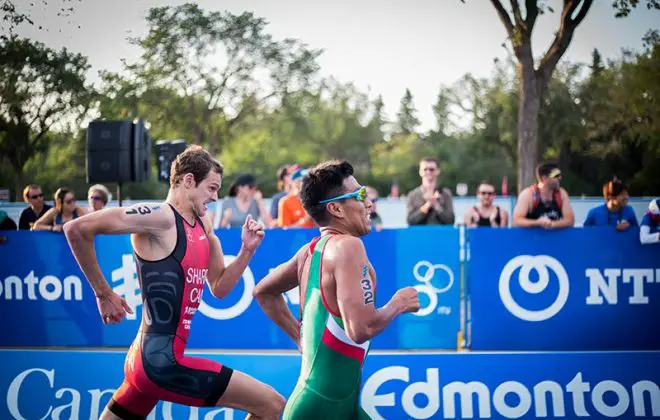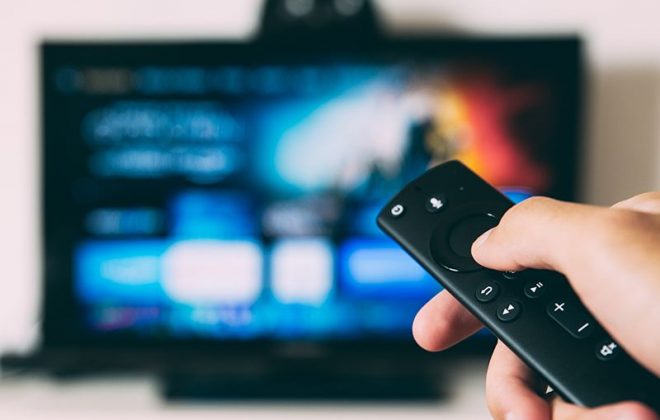Caffeine and Sports Performance: 7 Things to Know
Most of us know that caffeine is great for improving mood, focus, and alertness throughout the day, and that coffee is healthy according to almost any metric. But what’s the link between caffeine and sports performance? And does it also impact the quality of our exercise? According to science, the answer is yes – but with reservations.
Caffeine use among athletes is common and effective enough that it was banned from the Olympics as a performance-enhancing drug between 1984 and 2004. Olympians found with more than 12 milligrams per millilitre in their urine were disqualified for doping.
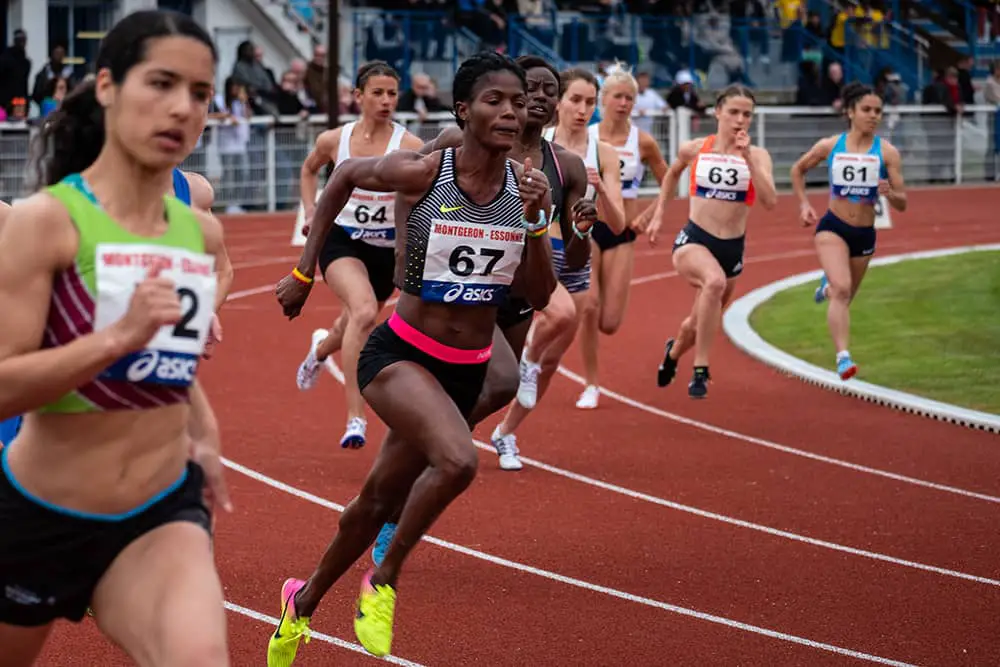
The ban has since been lifted, but has spurred scientists to study the caffeine effect on athletic performance more closely. Here are 7 of the most important facts they’ve learned.
#1 Caffeine and sports performance – it may improve endurance…
So, is caffeine good before a workout?
A 2018 meta-analysis of 46 studies showed that caffeine can have a “small but evident effect” on endurance during exercise. One experiment studied trained cyclists as they completed multiple time trials. Cyclists who ingested caffeine before each trial finished faster than those who didn’t. Those who took larger doses finished faster still.
A moderate dose of caffeine improved trial times by over two minutes by helping the cyclists fight off exhaustion. What’s more, the researchers measured no serious ill effects, so don’t hesitate to introduce caffeine into your endurance race nutrition.
Read also: Top 10 Endurance Athlete Diet Mistakes And How To Avoid Them
#2 …but it may not make you better at high-intensity workouts
However, in the area of caffeine and sports performance research, the positive impacts aren’t as clear-cut in other scenarios. One study suggests that caffeine reduces the perception of fatigue without actually mitigating exhaustion in the nervous system, which may lead to over-exertion. Another meta-analysis backs up the claim that caffeine has mainly mental benefits in high-intensity training.
With that said, if you know your own limits and can design a workout that pushes you without risking your health, caffeine can be a great way to stave off exhaustion.
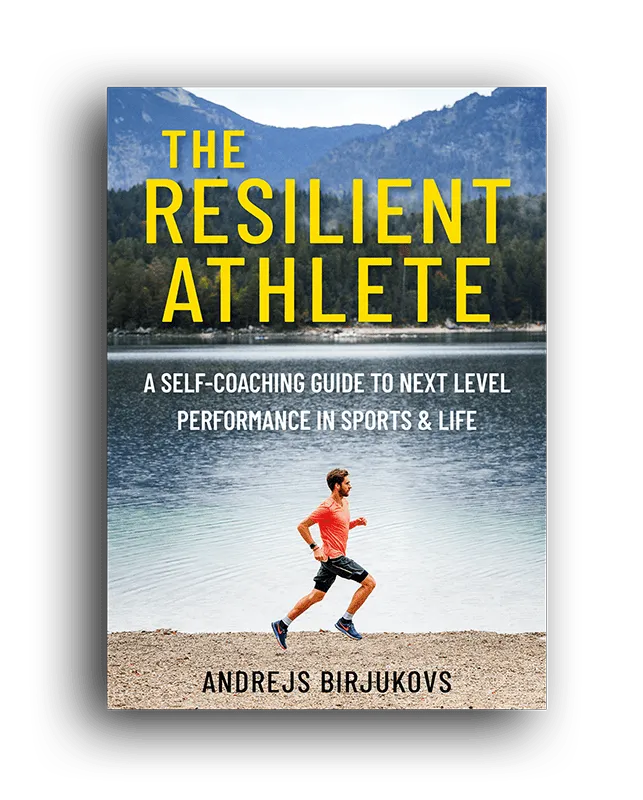
The Resilient Athlete
A Self-Coaching Guide to Next Level Performance in Sports & Life
Are you aiming to become a resilient athlete who is able to withstand any pressure? Be able to jump on any opportunity? Take any challenge life throws at you head on?
Then this book is for you.
Learn more#3 Low doses of caffeine can be as effective as high doses
How much caffeine pre workout?
Although the cycling study suggests that higher doses of caffeine can improve performance, other studies also show that the positive effects level off after about 3 mg per kg of body mass. Furthermore, higher doses can have ill effects outside of exercise, including insomnia (and don’t forget how important sleep is for athletes).
Excessive caffeine use can also increase your tolerance, requiring larger and larger doses to get the same result. Just ask any coffee lover in your life how much they need to drink to get perked up. Luckily, science tells us that lower caffeine doses (1-2 mg per day per kg of body mass) can still improve athletic results while reducing the risk of tolerance build-up. Learn how much caffeine is in coffee to see how many cups will get you that dose and how much caffeine pre workout you need.
#4 Caffeine and sports performance – no measurable negative effects on athletic performance…
Plenty of studies have demonstrated the positive effects of caffeine on athletic performance. But there’s even better news: almost no research has yet shown that caffeine makes you worse at exercising. Scientists are split on how much caffeine affects performance, but they’re almost unanimous that it’s neutral to positive.

So, caffeine can be good before a workout. Of course, this doesn’t negate the possibility of negative impacts outside of exercise. Caffeine does have some general health risks, including high blood pressure, poor sleep, and excessive heart rate.
Read also: High Heart Rate When Running? Here Are 11 Things You Can Do
However, many of those effects are only visible at dosages far higher than the amount you’ll need to aid athletic endurance. Even if you do find that coffee upsets your stomach, you can switch up your beans or pair it with a banana to keep symptoms at bay.
#5 …but cutting out caffeine can be bad for your workouts
There is one case where the science shows caffeine can cause problems. That is when a person becomes too used to it. If your body gets habituated to daily caffeine doses, it builds tolerance quickly. Nonusers who start with small amounts of caffeine have to increase the dosage in as little as 5 days.
Even worse, you can experience crashes if you quit caffeine cold turkey. Caffeine withdrawal can lead to headaches and sharply reduced athletic performance. You can even get these symptoms if you exercise too much on a hot day and sweat all the caffeine out of your bloodstream.
Experts say the best way to maximize caffeine effect on athletic performance is to taper off consumption about a week before an athletic event, then consume a low dose (1 to 2 mg per kg of weight) the day of the event.
#6 More research is needed in the area of caffeine and athletic performance
Caffeine may help you push toward better performance, but there are two big factors to keep in mind as you interpret the science.
First, most studies on caffeine and athleticism – including the cycling study cited at the start of this article – focus on elite athletes at the top of their games. Scientists say there’s a need for more studies of the general physically active population. If you’re relatively mobile but not fit for the Olympics (like most of the world), you may not see the same benefits from caffeine.
#7 Caffeine affects everybody differently
The point about elite vs. regular athletes ties into a larger caveat: the impacts of caffeine on your body largely come down to genetics. For example, some people have a genetic mutation that makes them metabolize caffeine much faster than others, so they hardly experience caffeine effect on athletic performance.
Other mutations can impact everything we take for granted about caffeine, from wakefulness to anxiety. Body mass, age, sex, and other factors also play a role. Before you use caffeine to aid your exercise, make sure you talk to your doctor, especially if you’ve never been a habitual coffee or tea drinker before.
Final Thoughts
If you just clicked to see if you could enjoy your morning cup of java without interfering with your workout, worry no more. Daily caffeine in moderation is a safe and healthy habit for athletes. If you’re careful, you can even use caffeine to stimulate better exercise performance. Though, you should get a medical professional’s advice first.
References
Can Olympic Athletes Have Caffeine? | National Coffee Association Blog
How Caffeine Improves Exercise Performance
Caffeine Use In Sports: Considerations For The Athlete
The Effects Of Caffeine On Athletic Performance | College Teaching Methods & Styles Journal (CTMS)
Caffeine and Performance
Arne Preuss
Arne is a former barista and the founder of Coffeeness, a popular online resource for all things coffee-related. Arne initially specialized in evaluating super-automatic espresso machines. However, since that time, his expertise has expanded to include every possible form of coffee maker.
Have an opinion? Share via links below and tag @theathleteblog
Tags In
GET A FREE TRAINING PLAN
Subscribe to my email list and get access to a free 4-week “back in shape” training plan
You’ll also get two full-body strength sessions and some other goodies!
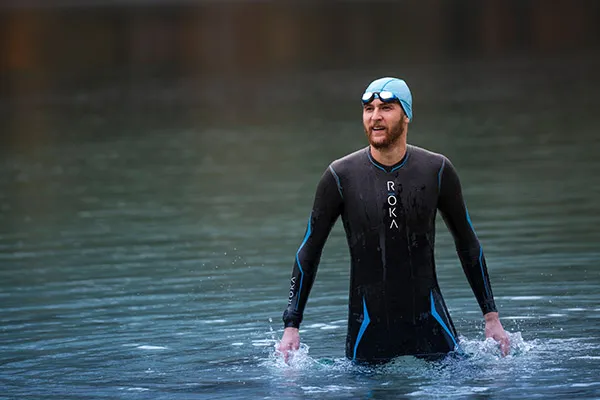
How did I get here?
Hey there! My name is Andrejs and I am here to inspire, entertain and get you fit for any adventure.
I went from being an over trained pro athlete to an endurance coach sharing how to listen to your body and live life to the fullest.
Traveling, new sports & activities brought new meaning to my training and made it much more effective, fun and enjoyable. And I'm here to help you do the same.
